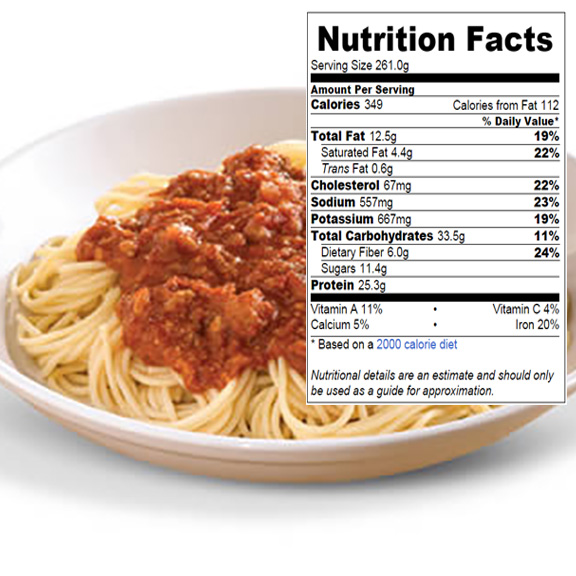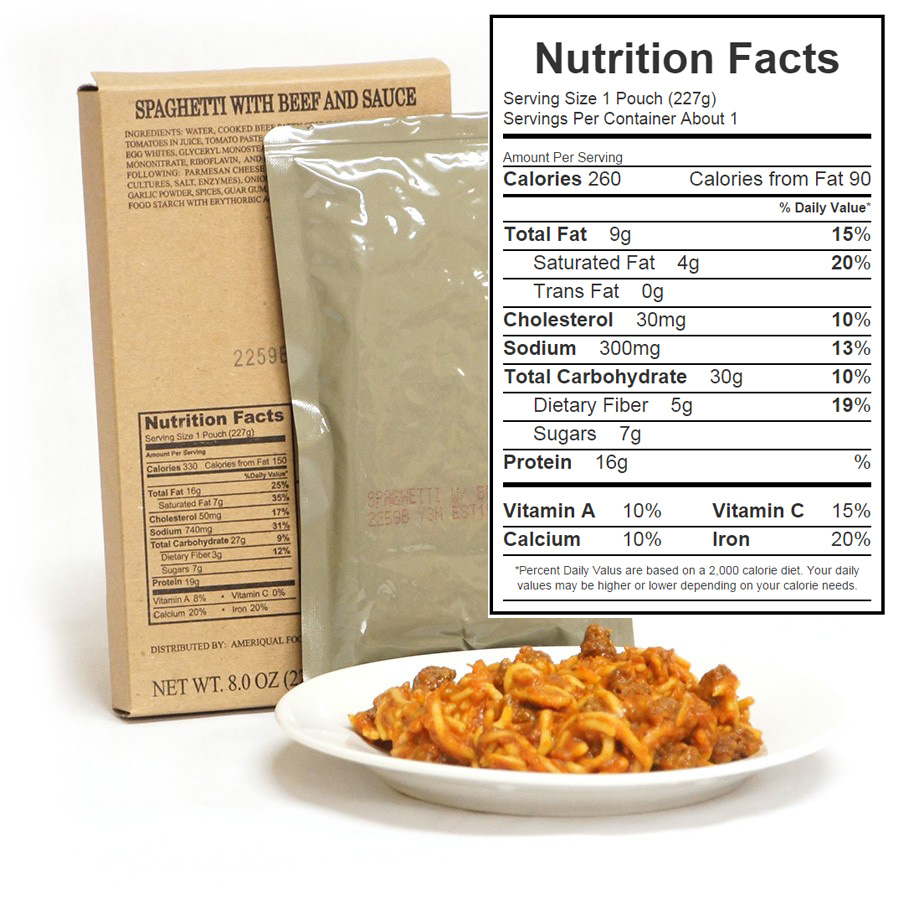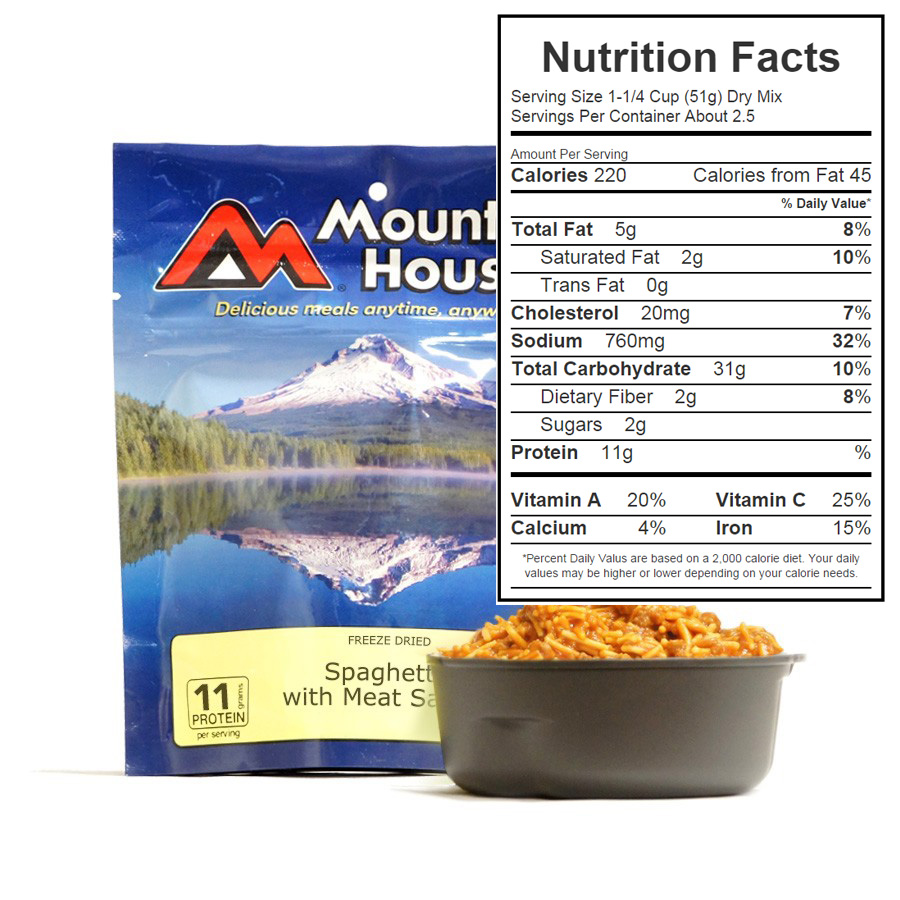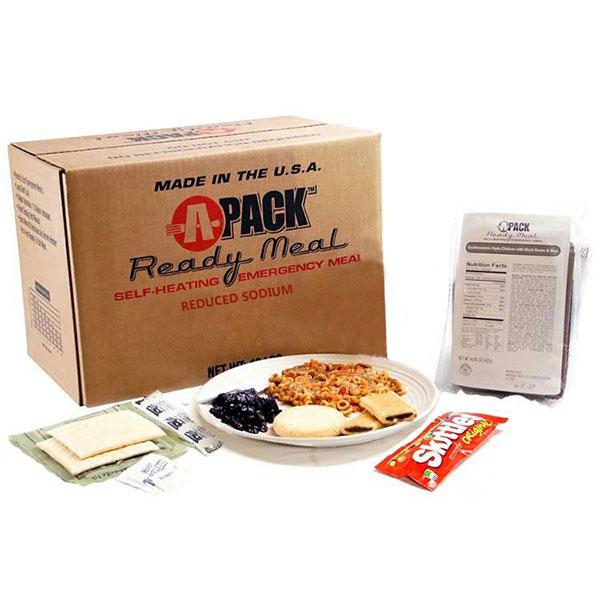In emergencies, having calorie-dense and nutrient-packed meals can make all the difference. MREs are designed to sustain you through the toughest situations. Let’s explore their benefits and how they compare with other food options.
Why MREs?
Originally developed for military use, MREs (Meals Ready to Eat) provide a balanced combination of protein, fats, and carbohydrates in a calorie-dense format. They are specifically designed to fuel physical activity, whether you're navigating a disaster or trekking through the wilderness. Civilian MREs offer the same energy-packed benefits, making them a top choice for emergency food storage.
Nutritional Breakdown
On average, an MRE contains 1,212 calories, providing essential nutrients proportional to a 2,000-calorie daily diet. Two MREs can meet your daily recommended calorie and nutrient needs. Many MREs are now being produced with reduced sodium and fortified with essential vitamins and minerals like calcium and iron, ensuring a well-rounded meal option.
Comparing Spaghetti Meals: MRE vs. Freeze-Dried vs. Homemade
Homemade Spaghetti

Serving Size: 261 g (noodles and sauce combined)
- Calories: 349
- Fat: 12.5 g
- Sodium: 557 mg
- Carbohydrates: 33.5 g
- Protein: 25.3 g
Homemade spaghetti retains all its nutritional value, making it the winner in terms of calorie, fat, and protein content. However, it’s not a practical option for food storage due to its perishability.
MRE Spaghetti

Serving Size: 227 g (one wet pack pouch)
- Calories: 260
- Fat: 9 g
- Sodium: 300 mg
- Carbohydrates: 30 g
- Protein: 16 g
MRE spaghetti closely matches homemade spaghetti in nutritional value while offering the convenience of long-term storage. It’s an excellent choice for emergencies, providing a good balance of calories, fat, protein, and lower sodium compared to other options.
Freeze-Dried Spaghetti

Serving Size: 1 ¼ cups or 51 g (dry mix, not reconstituted)
- Calories: 220
- Fat: 5 g
- Sodium: 760 mg
- Carbohydrates: 31 g
- Protein: 11 g
Freeze-dried spaghetti is similar to MRE spaghetti in calories but falls short in fats and protein, essential for energy and endurance. Additionally, it contains the highest sodium content, which might be a concern in emergency situations.
Why Choose MREs for Emergency Preparedness?
MREs offer the perfect combination of nutrition, convenience, and portability. Unlike homemade meals, they are shelf-stable for years and require no preparation. While freeze-dried meals are lightweight, they often lack the calorie density and balanced nutrients that MREs provide.
















